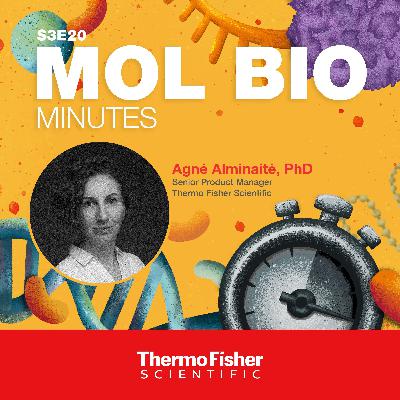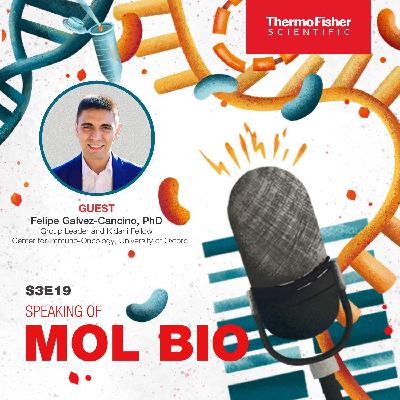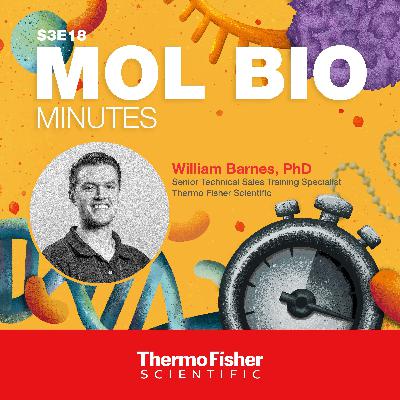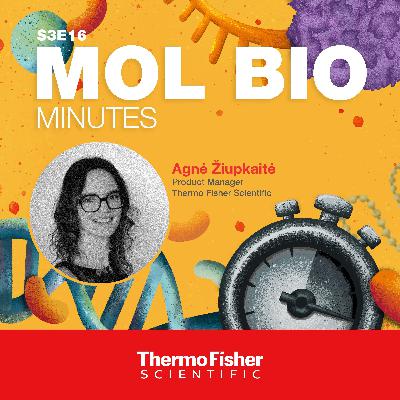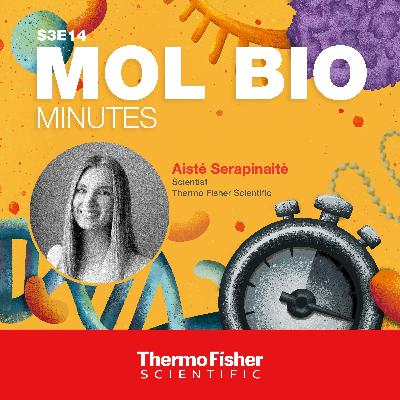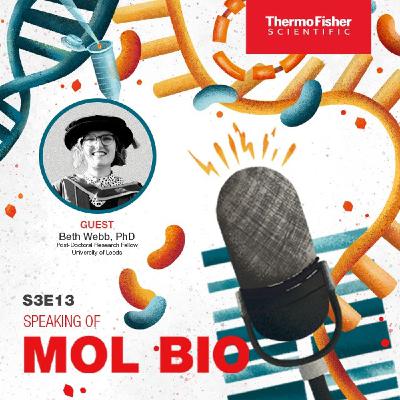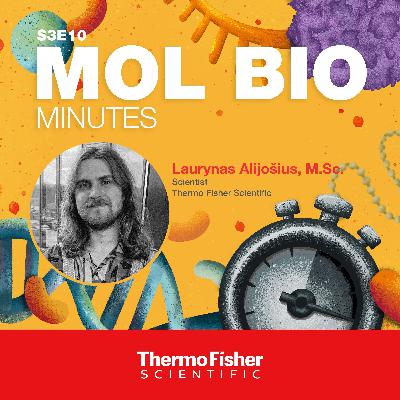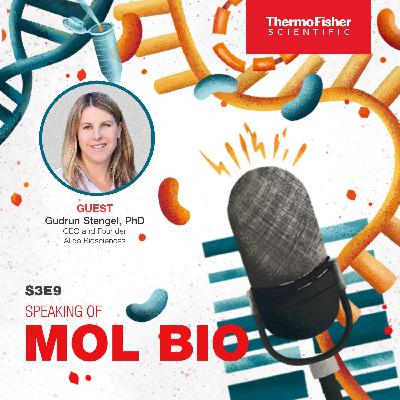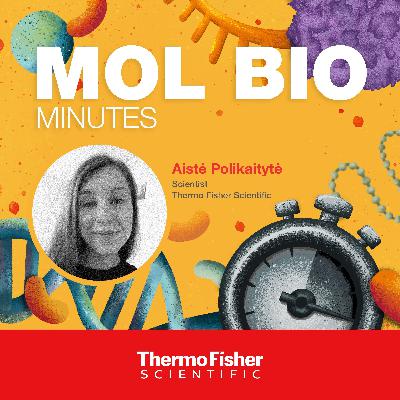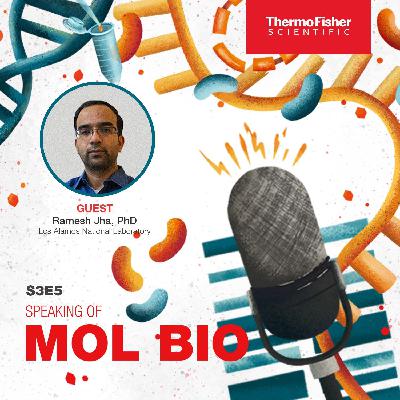Simmer, don’t cycle—a molecular biologist’s guide to RPA
Description
In this Mol Bio Minutes episode, Thermo Fisher Scientific’s Monika Jazdauskaitė dives into the versatile world of Recombinase Polymerase Amplification (RPA). Unlike PCR, RPA operates at a constant, low temperature (around 37–42°C), enabling fast, equipment-light workflows that are ideal for field diagnostics and decentralized labs. Monika explains how the method works and why RPA is emerging as a go-to technique for both DNA and RNA target detection.
She highlights RPA’s specificity, sensitivity, and robustness against common inhibitors like ethanol and heparin, critical for applications like respiratory pathogen detection or low-quality sample inputs. Plus, she shares how RPA’s gentle conditions and lyophilization compatibility make it a strong candidate for stabilizing next-generation sequencing (NGS) libraries, especially those with high GC content.
Whether you're looking to simplify pathogen detection or streamline your sequencing prep, RPA offers a compelling alternative to traditional amplification. And with ready-to-use kits like the Invitrogen™ Lyo-ready RPA Kit, Thermo Fisher is helping researchers bring speed and stability to molecular workflows, all with no thermal cycler required.
Subscribe to get future episodes as they drop and if you like what you’re hearing we hope you’ll share a review or recommend the series to a colleague.
Visit the Invitrogen School of Molecular Biology to access helpful molecular biology resources and educational content, and please share this resource with anyone you know working in molecular biology.
For Research Use Only. Not for use in diagnostic procedures.



